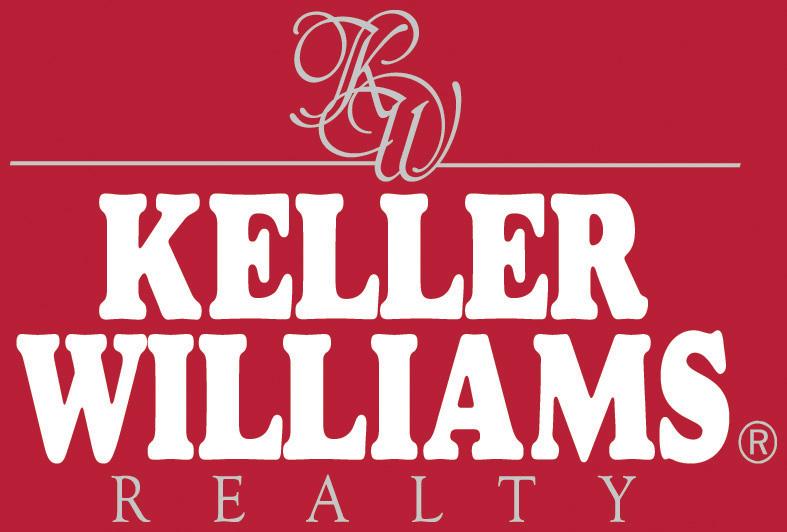What is a Short Sale?
Most people buy a home with money they borrow from a lender like a bank or a credit union. The lender in turn holds a lien on the property. This is basically an agreement that if the borrower fails to repay the loan the lender will take possession of the property.
Theoretically the lender can then resell the property to somebody else and recover the money that was lent to the borrower. It happens sometimes, and lately more often than ever, that the properties have lost so much value that the outstanding amount of the loan cannot be covered by selling the property. If the borrower (and owner of the property) is unable to repay the debt the bank can take possession of the property through the process of foreclosure, but its market value still cannot cover the outstanding amount of the loan.
In such a case the bank usually agrees to a “Short Sale”. That means that the house will be sold by the owner at market value and the money will go to the bank. This way the bank will lose some money but will at least save on the (high) cost of a foreclosure.
Who should consider a Short Sale?
A short sale should never be the first choice because both the homeowner and the bank will lose money in this transaction. Usually the homeowners have being paying their mortgage payments for a few years and this money will be lost in a short sale or foreclosure.
The homeowner should first seek professional help and try to keep their home. A good place to start is Virginia Foreclosure Prevention Task Force (virginiaforeclosureprevention.com).
However if everything else fails, a short sale should be considered, as long as
- The homeowner is no longer able to make the monthly mortgage payments. This means that a significant change has happened that has substantially affected the homeowner’s finances. This does not have to be a monumental event. For families that live on a very tight budget, even a big increase in the price of gas can make them unable to meet their obligations to the bank. Whatever the hardship is though, the homeowner must be able to prove it.
- The total amount owed to the bank is higher than the value of the property.
- The housing market is declining or steady. In such a market there is little hope that the property will regain value to cover the outstanding mortgage amount any time soon.
Is it better to go to all the trouble of a short sale or just do nothing and wait for the bank to foreclose on me?
First of all if a Realtor handles the short sale it’s no trouble for the home owners; they only have to provide the documents needed for the process and cooperate in the sale. The Realtor will take care of the process.
In addition there are some definite benefits that make the short sale much more favorable for a homeowner than a foreclosure:
|
Foreclosure
|
Short Sale
|
|
Credit Score
|
|
|
A Foreclosure will lower your credit score by 250-300 points. It affects it for a time period of over 4 years
|
If the homeowner keeps making the mortgage payments the credit score can take a hit of as little as 50 points. This can last for as little as 12-18 months
|
|
Credit History
|
|
|
Foreclosure will remain as public record in your credit history for 10 or more years
|
Short Sale is not reported in your credit history. The mortgage is usually reported as paid or settled
|
|
Security Clearance
|
|
|
If a homeowner has a foreclosure and is in a position where security clearance is required in almost all cases the clearance is revoked and the position will be terminated.
|
A Short Sale alone will not challenge most security clearances
|
|
Employment
|
|
|
Many employers require credit checks on job applicants. A foreclosure is one of the most negative items of credit history in such cases. Employers are also regularly checking the credit of employees in sensitive positions. In many cases a foreclosure can become grounds for reassignment or even termination.
|
Since a Short Sale is not reported in the credit report it cannot affect employment
|
|
Future Financing
|
|
|
Prospective borrower has to report a foreclosure in every future loan application. This will affect the rates in future loans. For Fannie Mae related loans a foreclosure means ineligibility for 5 to 7 years.
|
A Short Sale is not required to be reported in a loan application like the foreclosure does. A successful Short Sale will prevent you from getting a Fannie Mae related loan for no more than 2 years.
|


